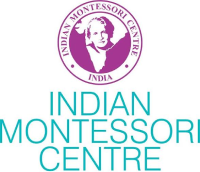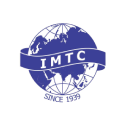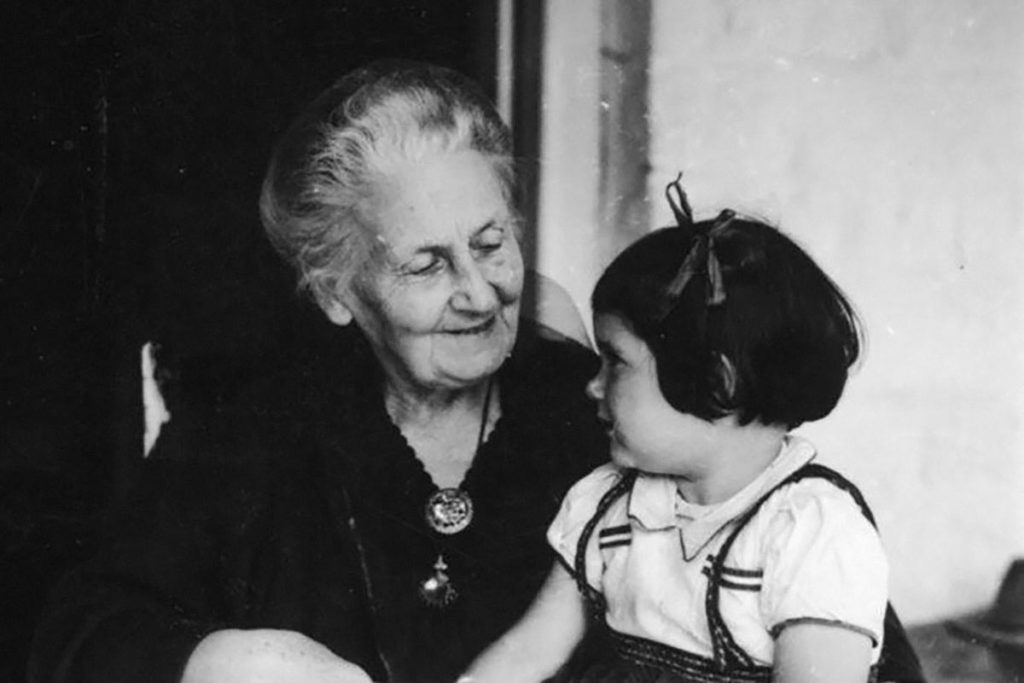‘‘Education is a natural process carried out by the human individual and is acquired not by listening to words, but by experiences in the environment.” – Dr. Maria Montessori
Born on August 31st, 1870, in Italy, Dr. Maria Montessori became the first lady to receive a Medical Degree. However, it was children who attracted her the most. The Montessori Method of Education has evolved from her extensive work to understand what the needs of a child are and how important a role the surrounding environment plays to help him achieve his full potential. She believed that the child’s conquests of independence are the basic steps in what is called his ‘natural development.’
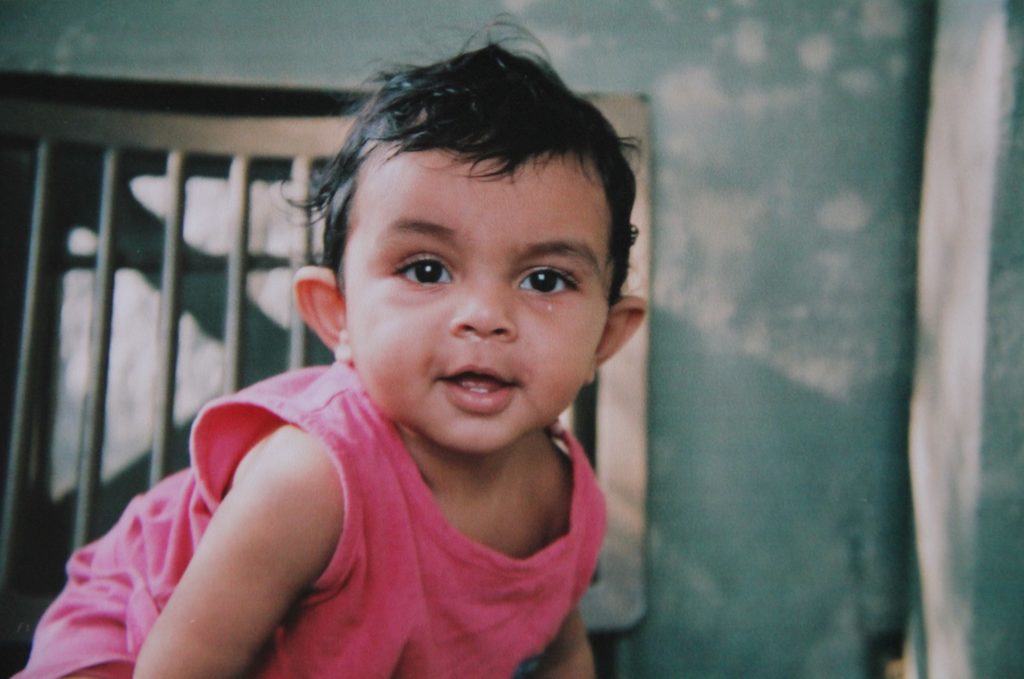
To assist the child in his natural development, it is very important for the adult to understand that:
- The child is an individual person who has a vital task of developing himself both psychologically and physically.
- In order to help him accomplish this, the child’s specific needs must be fulfilled.
- We must understand that the child works in obedience to a certain natural plan, governed by the laws of Nature.
- There is a timetable that governs his development according to which the child is urged to work.
- Nature creates special periods of sensitivity. If the achievements are not made during the sensitive periods, he will not be able to do as perfectly or easily at a later stage.
The need to grow in independence seems to be a predominant aspect in human development, especially during fundamental development wherein independence itself has to be achieved first.
TOWARDS INDEPENDENCE:
The first step towards independence may be- birth itself. From that time the child is inexorably urged to grow in independence. He makes maximum effort towards this goal. As an infant the child needs to find his bearings in this world.
To aid such development, firstly, a well-maintained scrupulous order in the environment is essential which ensures that the sense of security is gained faster. Secondly, until he becomes independent in his movements, positive efforts have to be made to bring him into vital contact with the whole family and neighbourhood.
Help must be provided for performing his daily activities. The HOME is where this help can come from. Since fundamental development of the child starts from birth, the first education begins at home and the parents become the first educators. Nothing can replace this environment. Whether we are conscious of it or not we do serve as educators.
The child works in ever ascending levels to achieve self-reliance. Activities like movement, taking food etc. are some examples. Speech is another conquest. Self-expression is essential for social communication. According to Dr. Montessori the child starts absorbing human language even from birth. The only difference being that he absorbs everything, probably, without understanding.
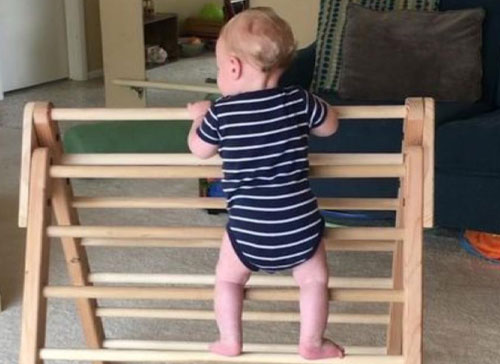
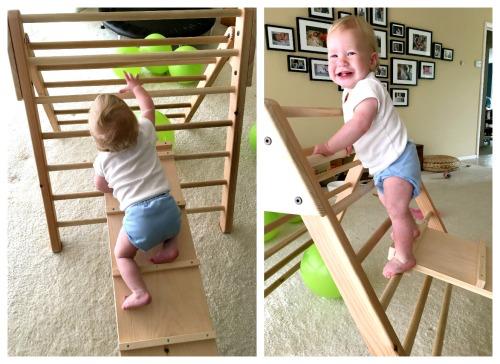
Walking with the child can be an opportunity to help him. Notice that the child is attracted towards anything he comes across, and that is the hunger for knowledge. Although it is very difficult for parents to let children go out of their dominion, positive help should be forthcoming in the form of tools to work, the knowledge of how to work with them and the freedom to work with them. All these converge towards the child’s conquest of independence.
Dr.Montessori observes that one should not help a child with a task which he feels can succeed. The child has an inner urge to help himself. The adult’s duty is to help him to help himself; help him to grow as a human being (as an individual, as a member of the society and as part of the world society), help him in self-creation, help him gain self-confidence and thereby self-respect.
Also, expression of Love can be one of the most important ingredients in the growth of the child. Let it not be latent but an outward manifestation.
blogs / edited from lectures by Mrs. Meenakshi Sivaramakrishnan.

